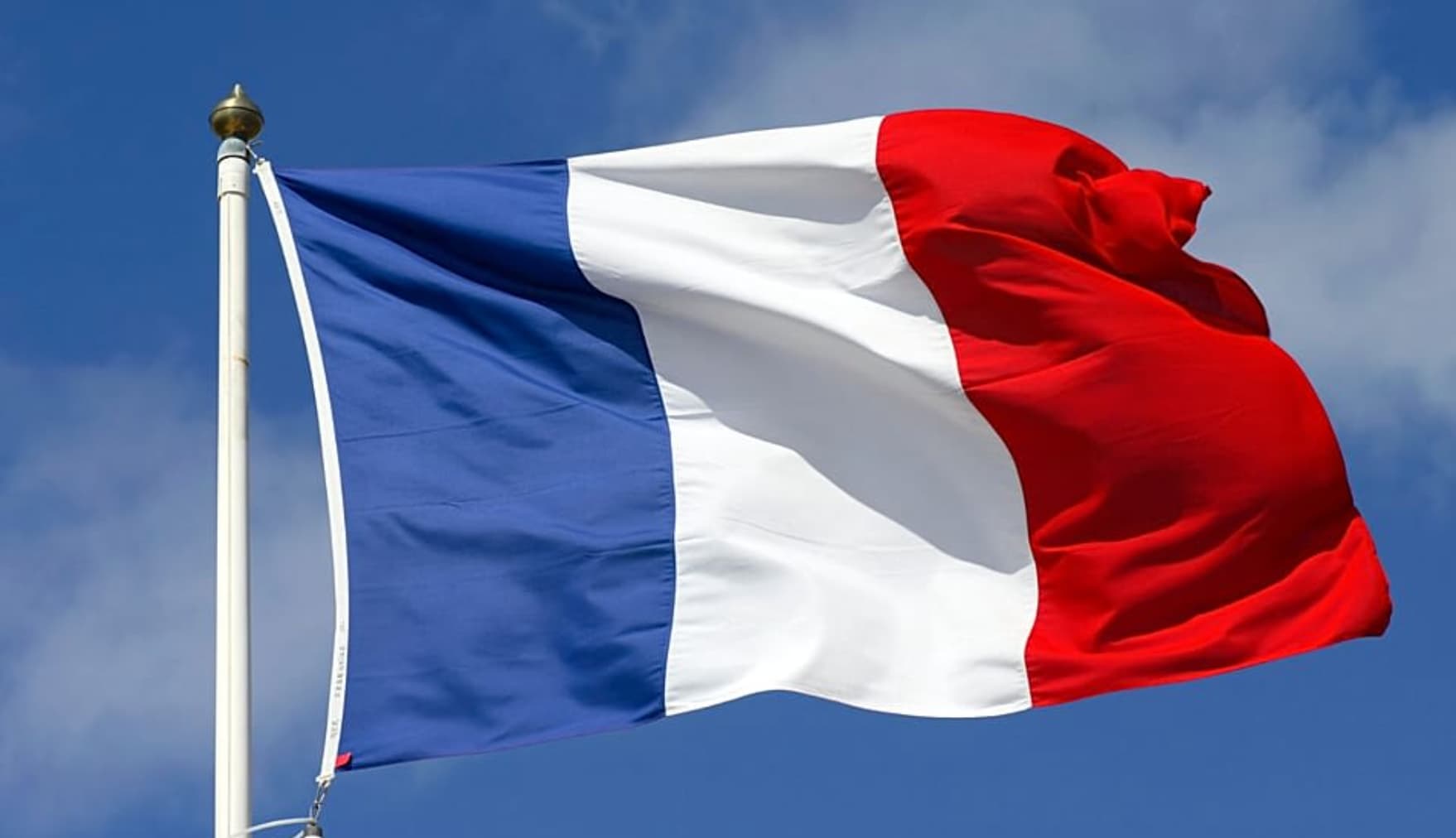Google Cuts Huawei Access to the Android license and all its Services

The US giant Google applies the latest Trump decree on trade with foreign companies. Huawei smartphones will be deprived of Google Play.
Thunderblast in the telecom world. The US giant Google , whose Android system equips the vast majority of smartphones in the world, announced Monday, May 20, 2019 that it was cutting the bridges with Huawei , a decision with serious consequences for the Chinese group that may no longer be able to offer Gmail or Google Maps to its customers .
This surprise announcement follows US President Donald Trump’s dramatic decision Wednesday 15th May, in the middle of a trade showdown with China, to ban US telecom groups from trading with foreign companies deemed “at risk” for security. national.
A measure that targets including Huawei, the second largest smartphone manufacturer, present in 170 countries, and suspected of espionage in favour of Beijing , which would have largely contributed to its irresistible international expansion.
The group is named and named on a list of companies, established by the US Department of Commerce, with which US companies can trade only after obtaining a green light from the authorities.
“We comply with this decree and examine its implications,” said Google in an email to AFP.
No worries for current users
“For users of our services, Google Play (the Android application store, ed) and the Google Play Protect security system will continue to work on existing Huawei devices,” he said.
For Huawei users’ questions regarding our steps to comply w/ the recent US government actions: We assure you while we are complying with all US gov’t requirements, services like Google Play & security from Google Play Protect will keep functioning on your existing Huawei device.
— Android (@Android) 20 May 2019
The presidential decree prohibiting the sharing of technologies, however, Google will have to go further and stop working with Huawei.
Thus, Google will not be able to offer Huawei users more than the open source version of its Android software, told AFP a source close to the file. This means that they will no longer be able to access Google’s proprietary applications and services, such as Gmail or Google Maps.
Admittedly, the latter should remain active at least initially, told AFP a second source close to the record. But, as long as the decree is in place, Huawei will be forced to make updates internally from Android Open Source Project – the royalty-free version – and its customers will have to do the same.
It is therefore not certain that Chinese group can, in the future, continue to offer Android and all applications resulting from it, like the popular YouTube video platform.
Components purchased from US suppliers
Huawei did not respond to the solicitations of the AFP Monday. On Saturday, Ren Zhengfei, its founder and boss, assured that the company had “done nothing that violates the law,” adding that the decree would have limited consequences.
However, the firm headquartered in Shenzen, southern China, is highly dependent on foreign suppliers of semiconductors: every year it buys $ 11 billion of components from US suppliers, on 67 billion dollars, according to the Japanese daily Nikkei .
However, according to Bloomberg News , citing people close to the case, several leading US suppliers, such as the micro-processor giant Intel, chip maker Qualcomm or Broadcom have informed their employees that they would stop providing Huawei until at new order.
Deployment of the delayed 5G?
Given China’s “heavy dependence” on the US semiconductor market, such a suspension of deliveries could “force China to delay the construction of the 5G network until ban is lifted, “said Ryan Koontz, an analyst at Rosenblatt Securities.
But the United States has just increased the pressure on their allies to not buy the 5G to Huawei, pioneer of this new generation of mobile internet very promising.
Washington fears that the group is a Trojan horse of China. Ren Zhengfei’s military background, his Communist Party affiliation, and Huawei’s opaque culture have largely fueled Beijing’s suspicions of control over this strategic actor, especially since a law passed in 2017 obliges Chinese companies to collaborate with the intelligence services of the country.
As Huawei developed, the United States began to fear that Chinese security services would use Huawei’s networks for spying purposes or to launch cyber-attacks.
In the first quarter, Huawei sold 59.1 million smartphones, which gives it 19% market share, ahead of the US Apple but still behind the world leader, the South Korean Samsung.
Enjoyed this? Get the week’s top France stories
One email every Sunday. Unsubscribe anytime.


